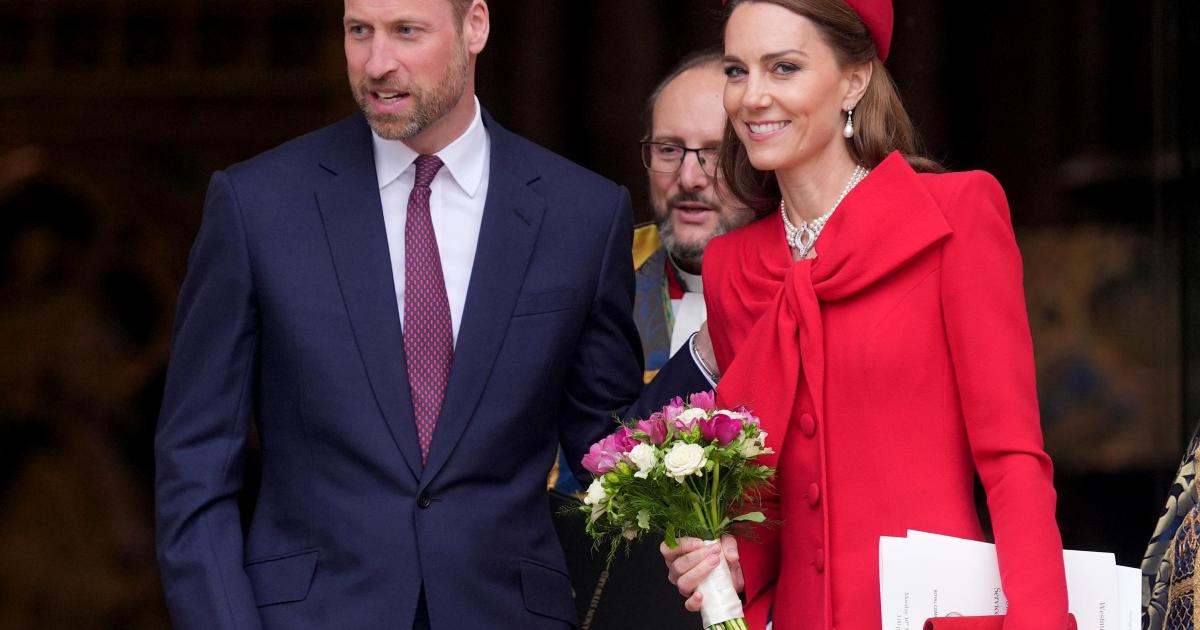Leave aside what you think of the social merits of the Royal Family and look at the economics. £130 million is a lot of money, about half a CalMac ferry in fact. That money would be better spent on the health service etc etc say the detractors.
Read More:
The reality is that if we didn’t have a Royal Family then in purely financial terms we should invent one. Looked as a business the Royal Family is a market leading and highly profitable British product, with large export earnings and no effective competition.
The Royal Family doesn’t cost us a penny; it is hugely profitable for Britain and contributes to our national income many times more than it costs.
Take non-doms as another example. People from elsewhere who live in this country but pay less tax than British people do. Seems unfair so let’s nail them for more tax. Exactly what Rachel Reeves has done but now it is dawning on her that driving these people away by taxing more of their earnings and assets means we collect less tax rather than more.
Why would an Indian Citizen who bases themselves in Britain and pays full tax on their British income and assets stay here if we want to charge Inheritance Tax on their global assets when India and lots of other places don’t have Inheritance Tax? The answer is that they would be crazy to stay and, in many cases reluctantly, they are leaving. So less tax revenue for us here. Well done Rachel.
(Image: PA)
What Governments have got to focus on is increasing the amount of tax we actually get not pandering to people’s prejudices by turning the screw on people they are envious of.
Becoming a republic would be tragic in many ways but it would also be financially stupid.
The non-dom tax regime needs to be looked at again. We want people from other countries who can contribute very positively to our economy to base themselves here, we want more of them not fewer.
Governments need to realise that people who have very significant wealth tend to have interests in many countries. Basing themselves in Britain is a choice they make rather than something they can be compelled to do. Rachel Reeves needs to realise this and act sensibly.
So what about Scotland? What can we do here other than continue to demand more money and more powers which we then misuse?
Scotland has control over its own income tax rates and so far, other than virtue signalling tweaking at the bottom end to give lower paid workers a few extra pence a month, it has chosen to increase income tax rates so that somebody earning from about £45,000 upwards pays markedly more tax than they would elsewhere in the UK.
Nigel Farage has come up with an idea for the UK to charge non-doms a one-off £250,000 fee and then distribute this money directly to lower earners. Gimmicky it is but entirely daft it isn’t. Scotland could learn from it.
Only about 30,000 taxpayers in Scotland pay the top rate of tax which starts at income of roughly £125,000. The exact number is not available but the number of Scots earning over £500,000 will be vanishingly small, perhaps only 1,000 people, certainly less than 5,000.
What if we could attract a net additional 10,000 very high earners by putting a cap of £250,000 on the amount of Scottish income tax anybody resident in Scotland has to pay? To pay that amount of tax you would have to earn just over £500,000.
If we could do this we would raise the tax collected in Scotland by £2.5 billion pounds every year. Nobody already here would pay more, nobody loses out, it’s pure good news.
Read More:
This boost is before the positive knock-on effect of those extra taxpayers spending money on goods and services in Scotland which in turn creates more jobs and tax revenue to pay for public services.
The rest of the UK cannot follow us down this road because it has too much to lose because there are so many more very high earners already there.
You could argue that the £250,000 cap on tax payment is too high. A taxpayer paying £100,000 in tax is contributing more than 20 times as much as an average earner.
“But it’s not progressive” the socialists will wail. Indeed it is not. It’s just smart.
Our public services in Scotland are crumbling and our tax rates are stifling enterprise and driving people away. If we could attract very high earners to make their homes in Scotland – 10,000 seems a relatively modest target – we could transform our ability to fund public services as well as attract people who will help our nation’s economy grow.
Why not give it a try?
Guy Stenhouse is a notable figure in the Scottish financial sector. He has held various positions, including being the Managing Director of Noble Grossart, an independent merchant bank based in Edinburgh, until 2017
